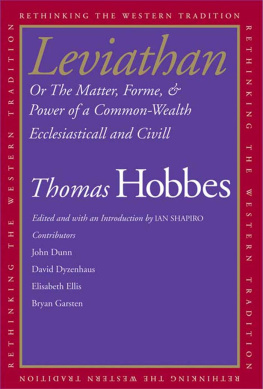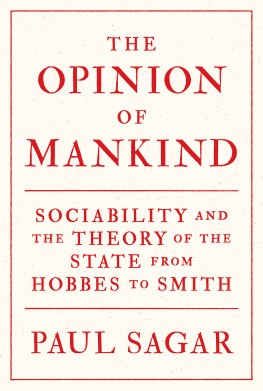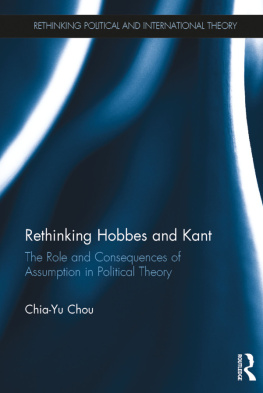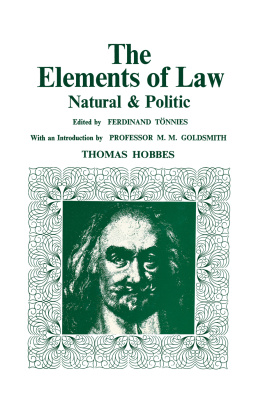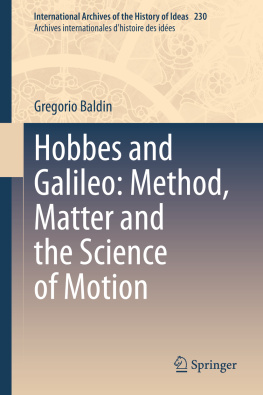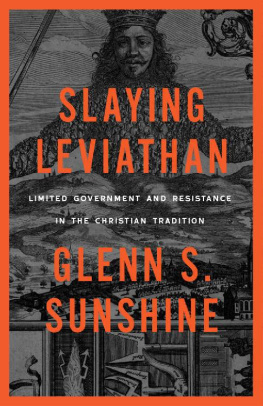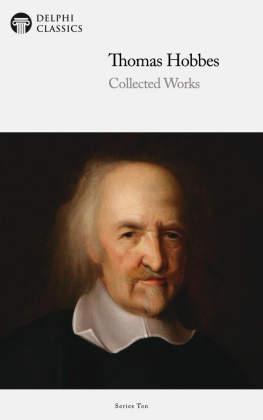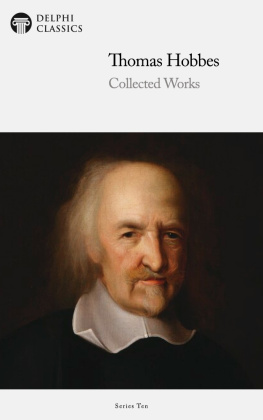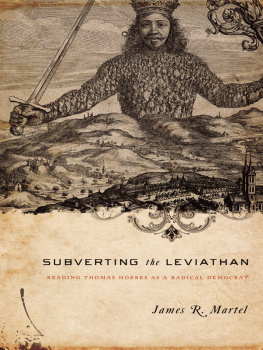IAN SHAPIRO
Thomas Hobbes lived an astonishingly long life that spanned one of the most tumultuous eras of English history. Born in 1588, exactly a century before the Glorious Revolution that would remove James II from the English throne, Hobbes was still very much alive and in full control of his intellect in the years leading up to that dramatic affair. He died in December of 1679, shortly before his ninety-second birthday.
By then England was in the throes of the Exclusion Crisis, prompted by rumors of a Jesuit conspiracy to assassinate the Protestant, and heirless, Charles II. The king would then have been succeeded by his Catholic brother James, an outcome that the Protestant establishment and many Members of Parliament were determined to avert. More than a dozen people were executed and scores tortured for treason before the allegation of a Popish Plot to kill Charles was discredited, and the House of Commons had passed the Exclusion Bill at the behest of Lord Shaftesbury leader of the emerging Whig party. The Exclusion Bill sought to prevent Jamess accession to the throne.
The Exclusion Bill never became law, but, in the course of the debates that swirled around it, the elderly Hobbes was asked his opinion of the controversy. His reply was that the sovereigns rightful power trumps both the laws of succession and anything that Parliament might contrive. Charles certainly had the authority to disinherit his brother, said Hobbes, but the king could not be obliged by Parliament or anyone else to do so. This answer embodied the view for which Hobbes had become famous during the Civil War three decades earlier, and which lies at the heart of his most famous work, Leviathan, published in 1651. The sovereigns power is absolute, on Hobbess account, making it by definition immune from constraint by anyone.
Leviathan, or The Matter, Forme and Power of a Common Wealth Ecclesiasticall and Civil was an elaboration of political ideas Hobbes had first put forward a decade earlier in De Cive (The Citizen) and The Elements of Law. Among Leviathans many claims to distinction is the fact that it is the first major work of political philosophy written in English. Hobbess decision to do this, and, indeed, to set aside other work on which he was engaged to complete it quickly, was motivated by the political urgency of the moment in which he felt compelled to intervene. He wanted Leviathan to reach the widest possible audience. He believed a widespread understanding of its message was vital to ending the civil war, and to ensuring that it would not recur. As he would later argue more fully in Behemoth, his history of the civil war, the conflict was rooted in ideology and confusion, not conflicting interests or rational behavior.
By the late 1640s the royalists had suffered crushing defeats. Charles I faced execution in 1649 and his son, whose supporters would make their last stand at the Battle of Worcester two years later, had fled to France. Charles II was destined to be restored to the throne in 1660, but it was far from obvious that this would happen during the heady 1640s and 50s. Power oscillated among the Rump Parliament, Oliver Cromwell, and the Army. Civil life was frighteningly unstable, particularly for the nobility in whose circles Hobbes moved. It was this reality that he contemplated while composing Leviathan. As far as Hobbes was concerned, the civil war had returned England to a state of nature.
The late 1640s were also a time of considerable personal turmoil for Hobbes. He lived in self-imposed exile in Paris from 1640 to 1652, where he began tutoring the sixteen-year-old Prince of Wales upon his arrival in 1646. But Hobbes fell seriously ill later that year, almost died in 1647, and was left with what John Aubrey would describe as a shaking palsey in his hands a Parkinsons-like syndrome that made writing so difficult as to render him dependent on an amanuensis for the last two decades of his life.
Quentin Skinner has made a compelling case that Hobbes accelerated the composition of his magnum opus on politics partly because of the events surrounding the Engagement controversy. Hobbes believed that he had provided exactly that rationale in Leviathan. He dissociated the legitimacy of sovereigns power from either the person of the monarch or, as Royalists like Sir Robert Filmer had argued, from the kings title to rule as Adams direct descendant.
At the core of Hobbess theory of political authority is the provision of security. The end of Obedience is Protection, Hobbes insists in The kings rightful authority is rooted in his capacity to protect his subjects. As a result, their obligation to obey him, unqualified as it is while it lasts, expires with the kings ability to protect them.

